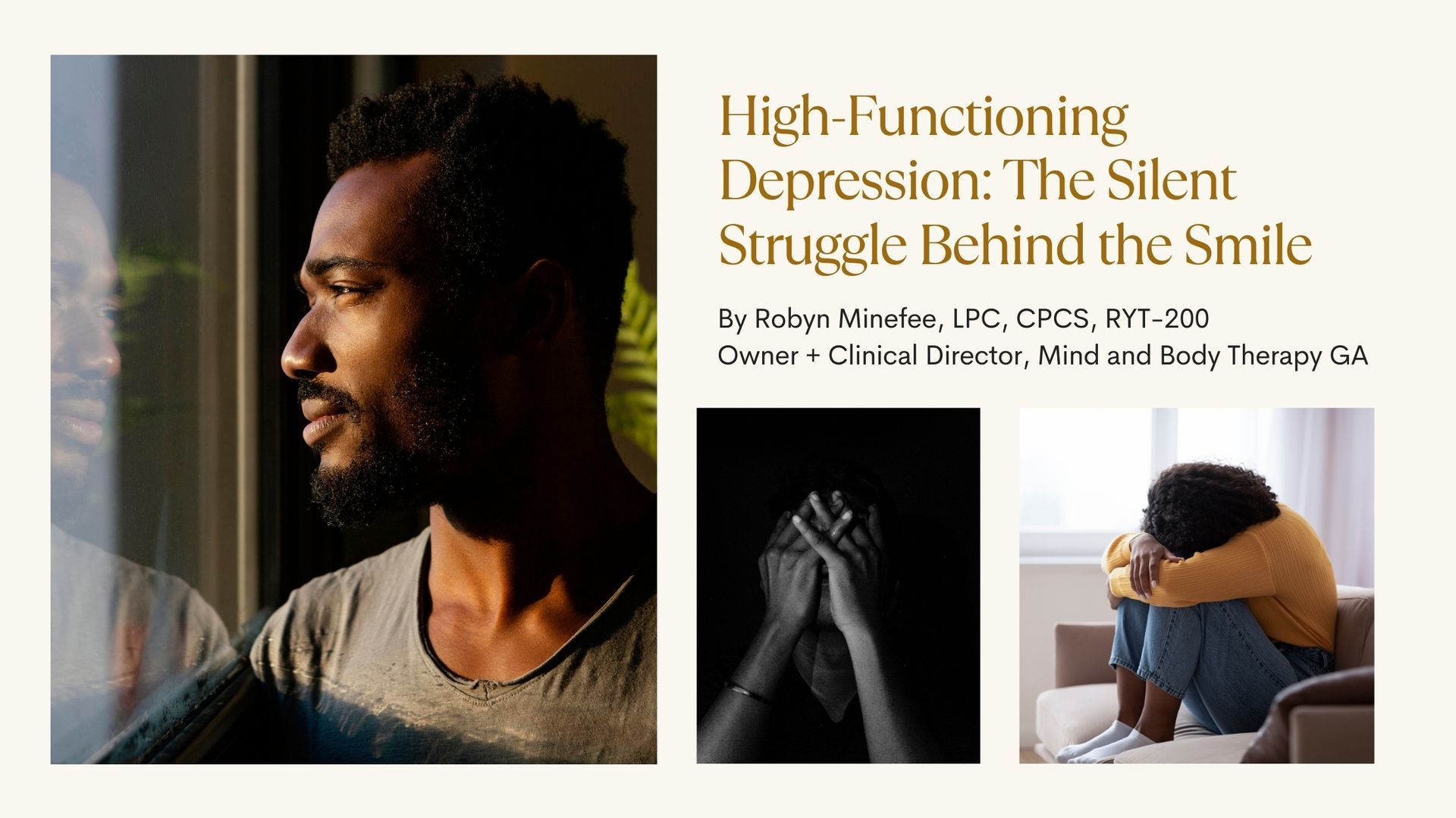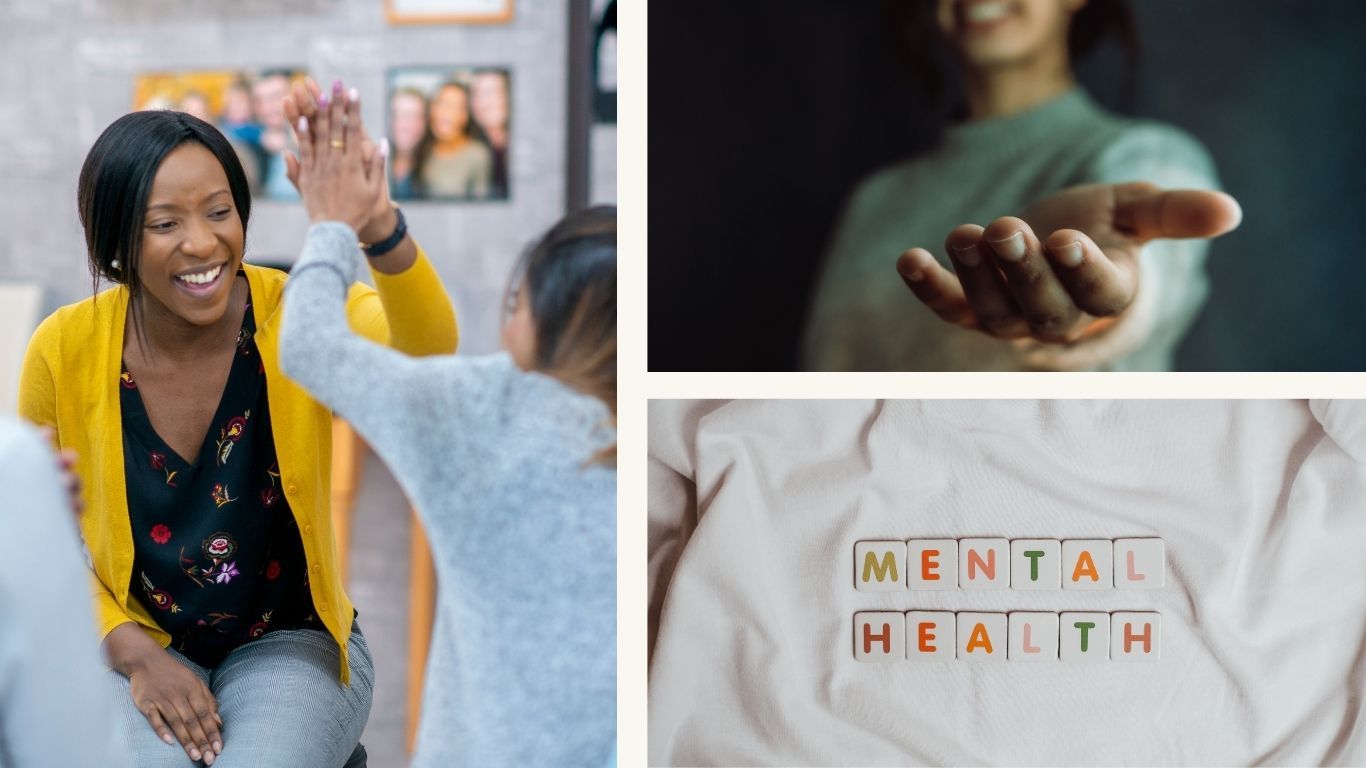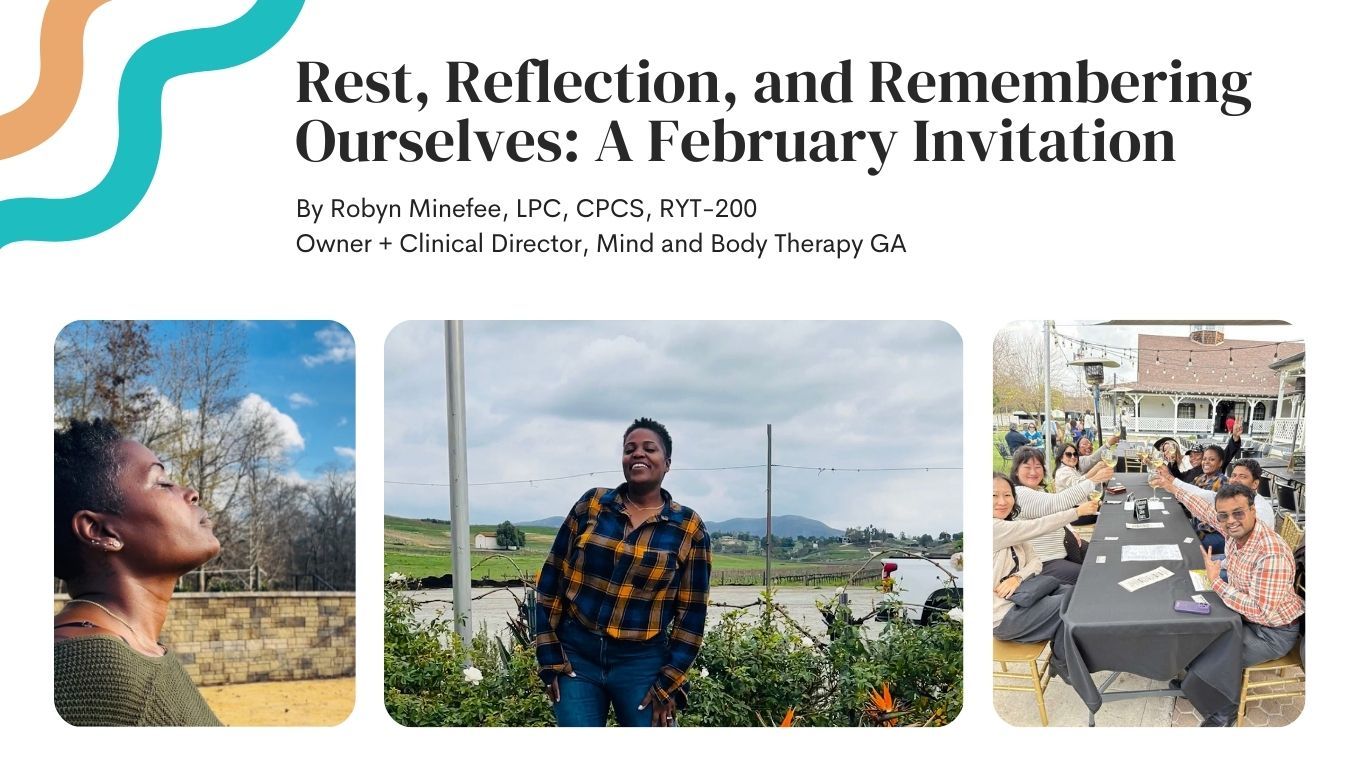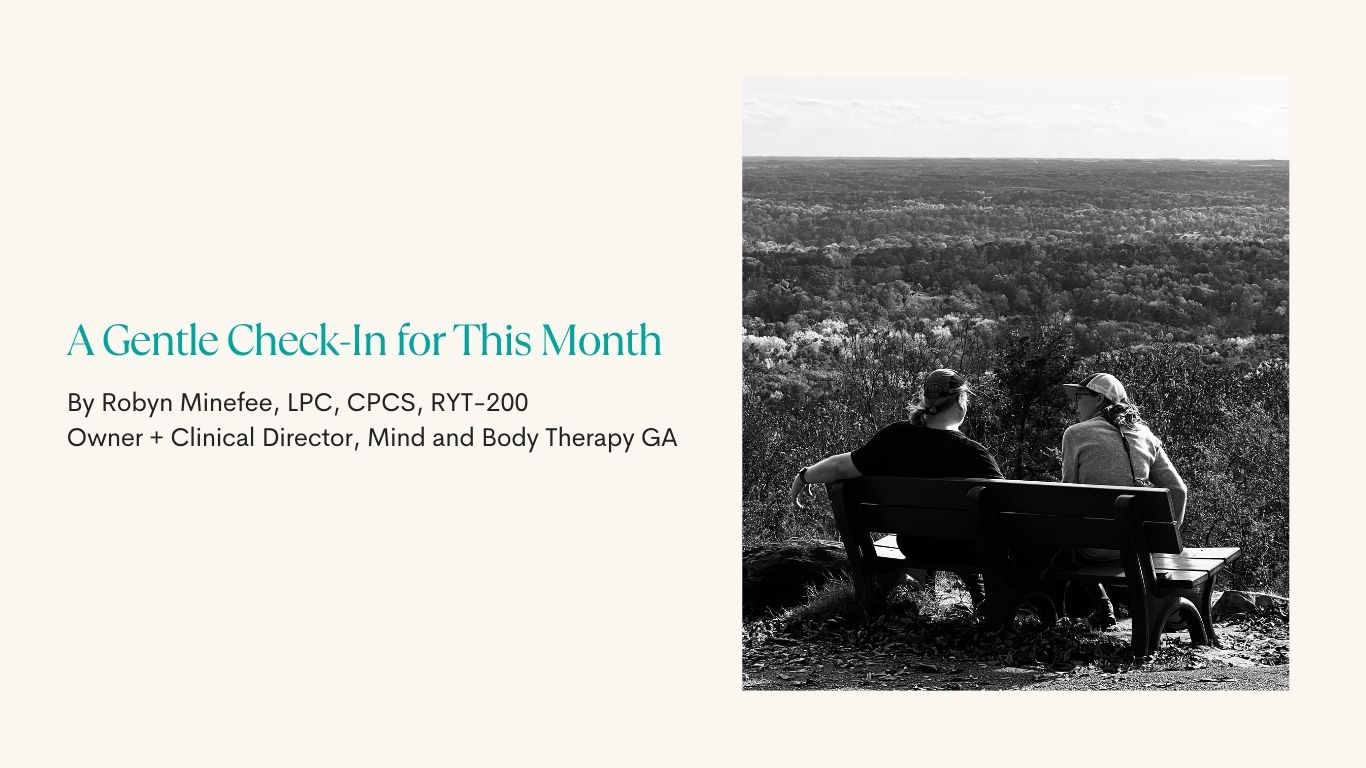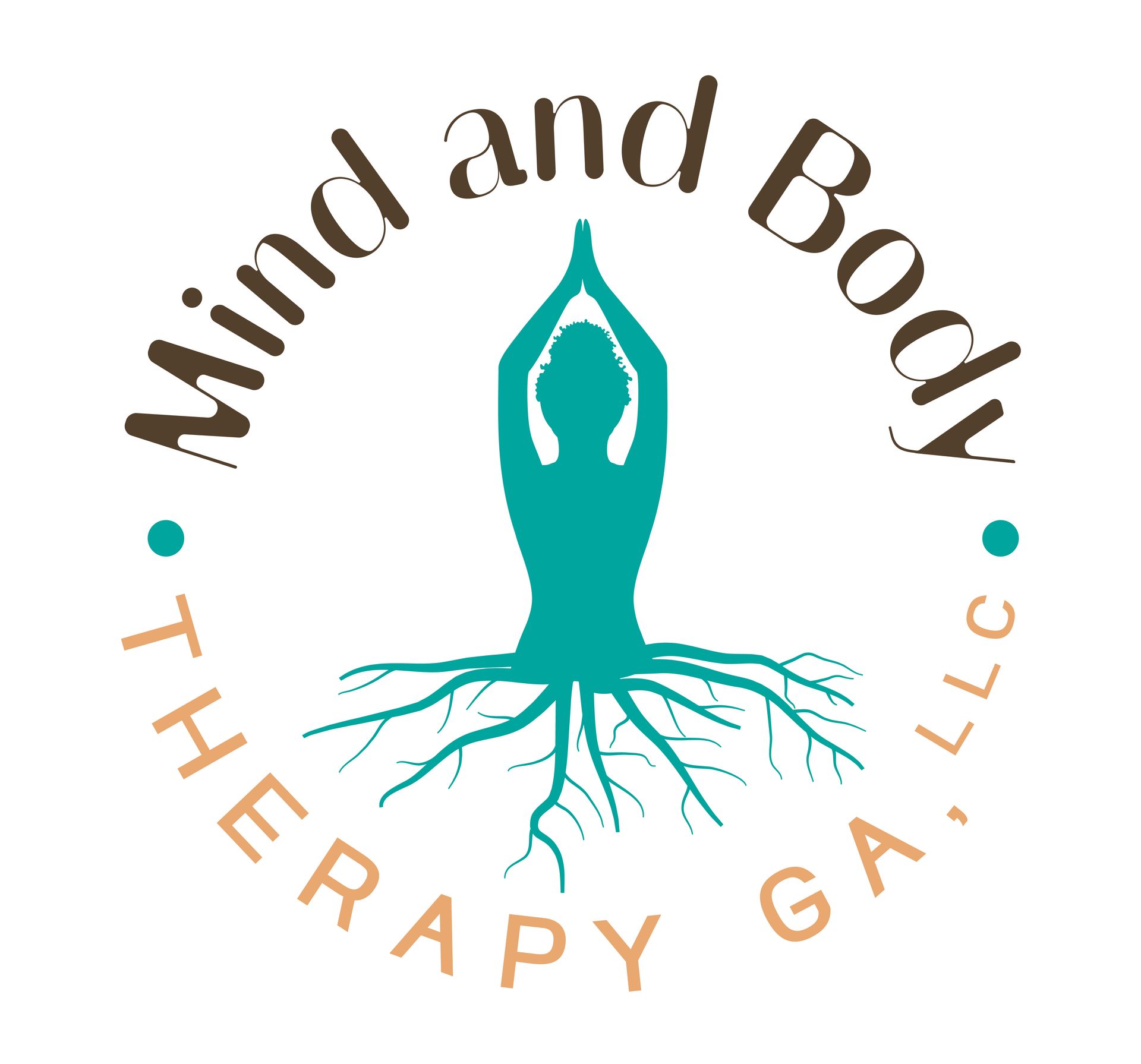What is Seasonal Depression?
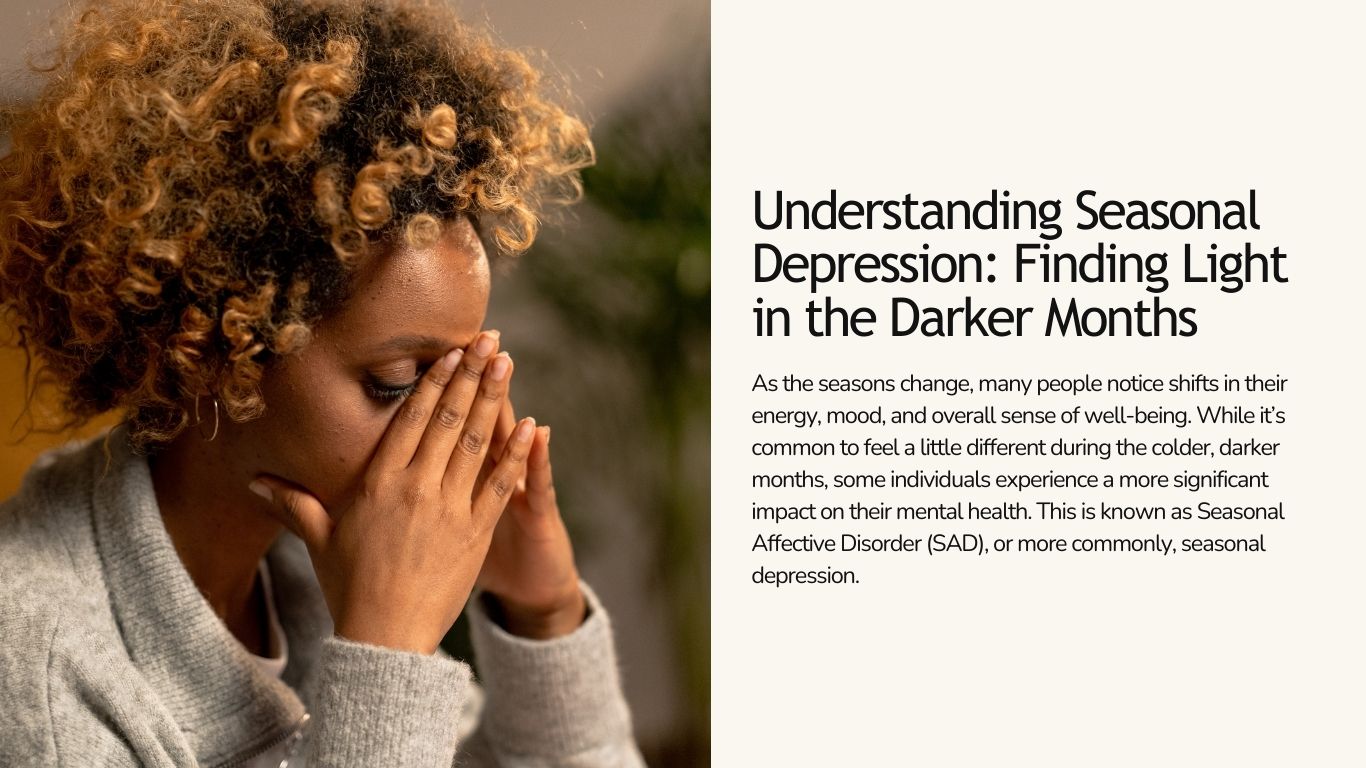
Seasonal depression is a type of depression that typically begins in the fall or winter, when daylight hours grow shorter, and improves during spring and summer. It goes beyond the “winter blues” and can interfere with daily life, relationships, and work.
Common Symptoms Include:
- Persistent low mood or sadness
- Loss of interest in activities once enjoyed
- Fatigue or low energy
- Difficulty concentrating
- Changes in sleep or appetite
- Feelings of hopelessness or guilt
Why Does It Happen?
Although the exact cause isn’t fully understood, reduced exposure to sunlight is thought to play a role. Shorter days may disrupt your body’s internal clock (circadian rhythm), affect serotonin levels (a mood-regulating chemical), and alter melatonin (which impacts sleep and mood).
Coping Strategies for Seasonal Depression
The good news is, there are ways to manage and ease symptoms:
- Maximize natural light: Open curtains, take walks outside, and spend time near windows.
- Light therapy: Special lamps that mimic sunlight can help regulate mood and energy.
- Stay active: Exercise boosts serotonin and endorphins, improving mood and energy.
- Maintain a routine: Consistent sleep and wake times can help balance your body clock.
- Seek support: Talking with a trusted friend, joining a support group, or seeking professional counseling can make a big difference.
When to Seek Help
If symptoms of seasonal depression are persistent and affect your daily life, it may be time to reach out for professional support. Therapy, counseling, or other treatment options can provide the tools needed to navigate seasonal changes with resilience.
Remember:
you are not alone. If you find yourself struggling during the darker months, help and hope are available.

At Mind and Body Therapy GA, we are committed to cultivating healing, resilience, and empowerment through our specialized psychotherapy services. Our mission is to establish a safe and culturally affirming environment where individuals can begin their transformative journey toward healing.
